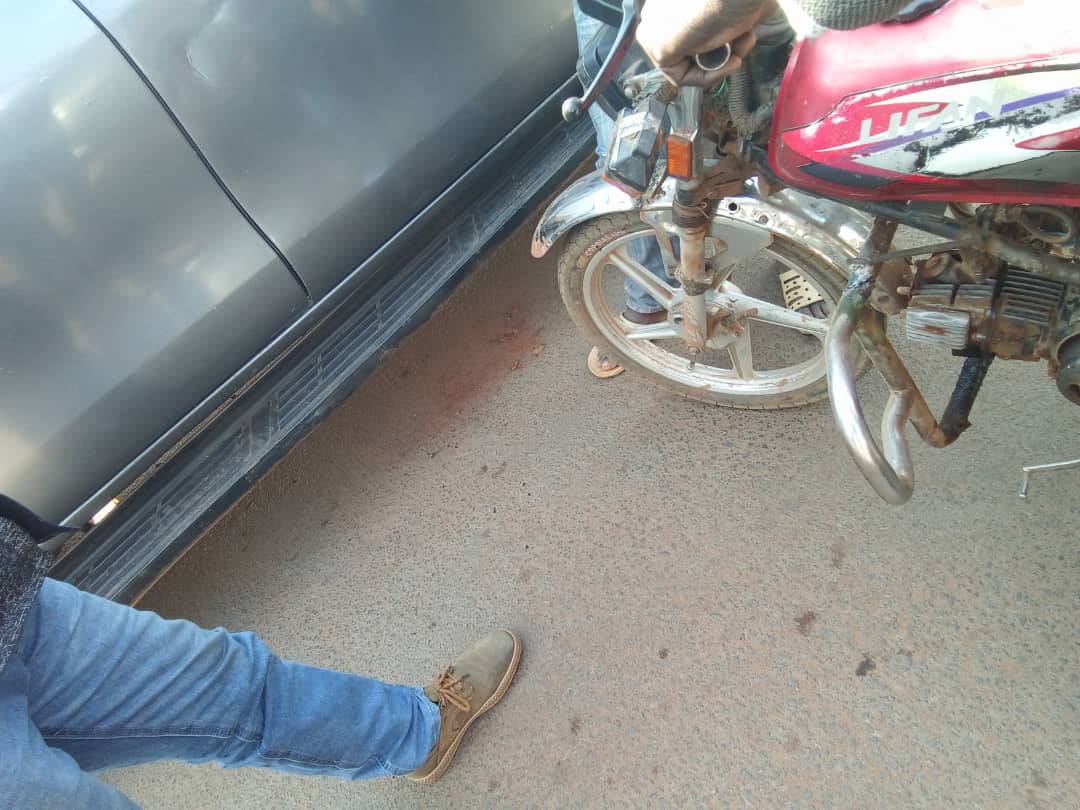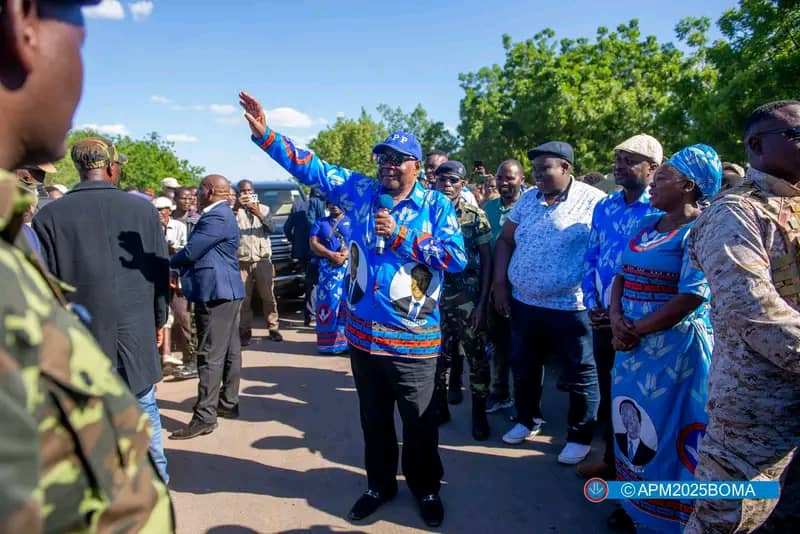By Burnett Munthali
Recent government inspections of workplaces have unveiled troubling findings regarding the attire of employees in certain companies. Labour Minister Vitumbiko Mumba, who spearheaded the visits, encountered workers dressed inappropriately for their roles, sparking a national conversation about labor standards and the responsibilities of employers.
The inspections, designed to assess compliance with labor laws, took an unexpected turn when employees were found wearing undersized garments, including undershorts, instead of proper uniforms. Many workers explained that their employers had not provided adequate work attire, leaving them exposed to unsafe conditions.
Minister Mumba’s inquiry revealed an unsettling justification from some employers: uniforms were withheld to prevent theft. According to one worker, management believed uniforms could be used to conceal stolen items, a rationale that has been widely criticized as both degrading and a breach of workers’ rights.
The revelation has drawn sharp criticism from labor rights organizations, unions, and activists who argue that withholding uniforms is not only a safety hazard but also a violation of basic human dignity.
“Workers cannot perform their duties effectively without the necessary tools, including uniforms. Denying them proper attire is both irresponsible and unethical,” said one labor activist.
The absence of uniforms also raises questions about occupational safety. Many workers operate in environments where protective clothing is essential, and the lack of proper gear leaves them vulnerable to injuries and health risks.
Minister Mumba has expressed deep concern over the findings, calling on companies to adhere to labor laws and provide employees with adequate uniforms and protective gear.
“Employers have a legal and moral obligation to ensure the safety and dignity of their workers. Using theft prevention as an excuse for neglect is unacceptable. Alternative methods can be implemented without compromising workers’ rights,” Mumba stated during a press briefing.
This controversy has highlighted deeper systemic issues in Malawi’s labor sector, particularly the lack of enforcement of workplace standards. The inspections have revealed gaps in corporate accountability and the urgent need for stronger oversight mechanisms.
Labor unions and advocacy groups have called for stricter penalties for companies found in violation of labor laws. They have also urged the government to establish clearer guidelines for workplace attire and ensure regular inspections to maintain compliance.
Experts suggest that companies adopt transparent measures to address theft concerns, such as routine bag checks or enhanced surveillance, rather than resorting to practices that compromise worker welfare.
“It’s possible to address security issues without undermining employees’ dignity. Employers must rethink their approach and prioritize ethical practices,” a labor consultant commented.
The Ministry of Labour is expected to release a detailed report summarizing the findings of the ongoing inspections. This report will include recommendations for improving workplace conditions and ensuring employers meet their obligations.
Companies that fail to comply with labor standards may face fines or other legal consequences, serving as a deterrent to future violations.
As Malawi grapples with these revelations, there is a renewed focus on creating equitable and safe workplaces. For many, the issue is not just about uniforms but about fostering a culture of respect, fairness, and accountability in the labor sector.
The government’s inspections have become a critical step toward achieving this goal, signaling that workers’ rights are non-negotiable. Employers must now rise to the challenge and ensure their practices align with both the law and the values of human dignity.




